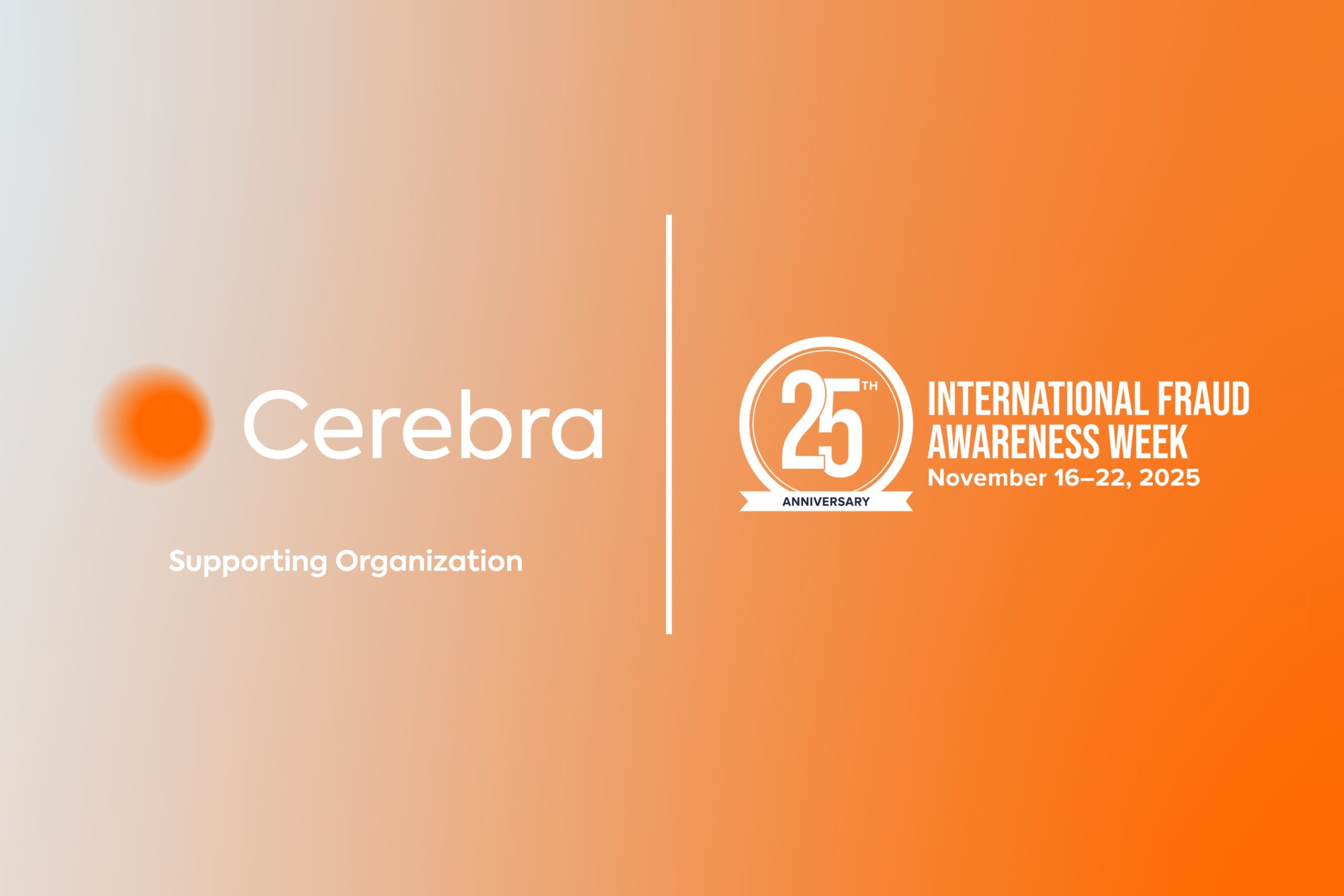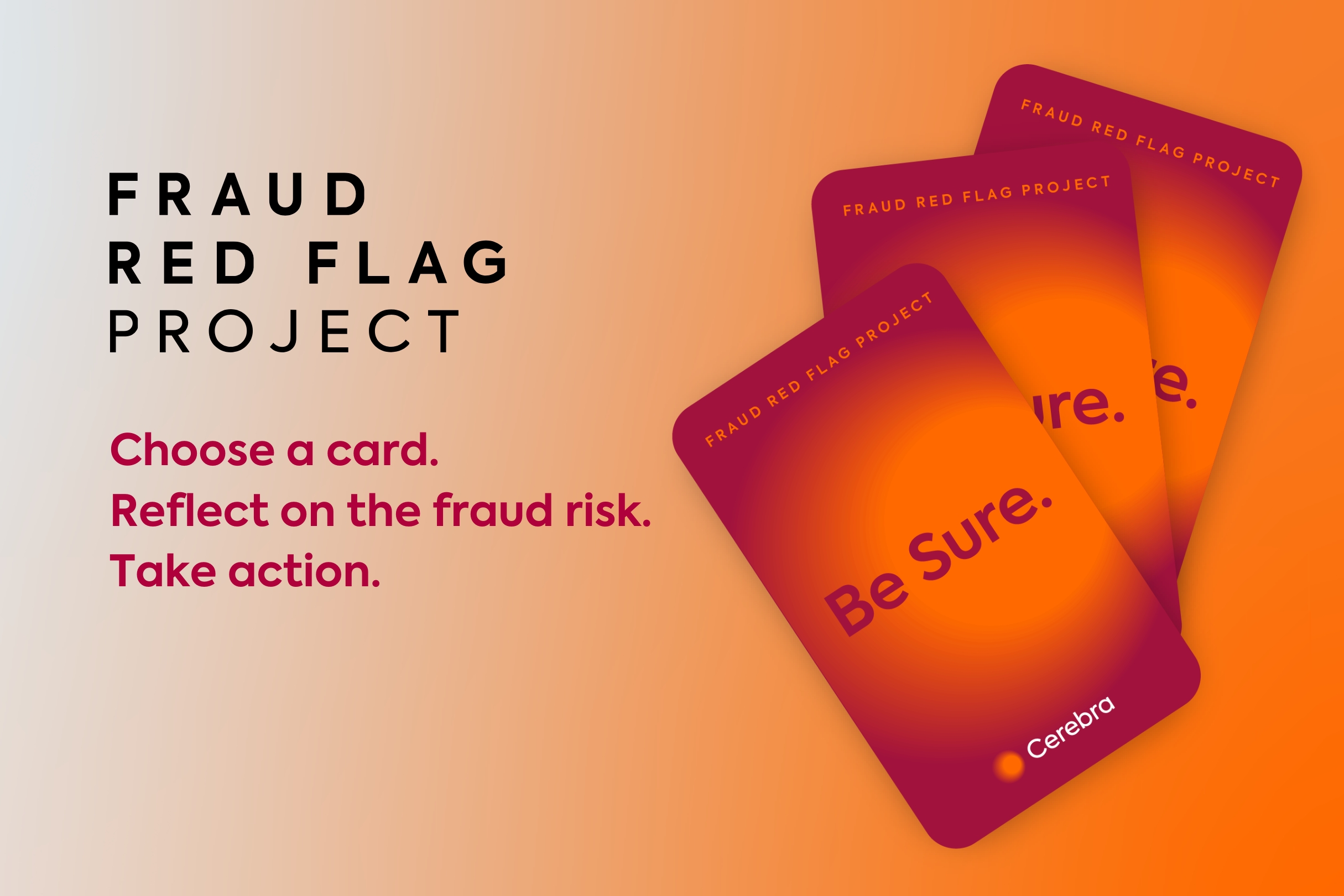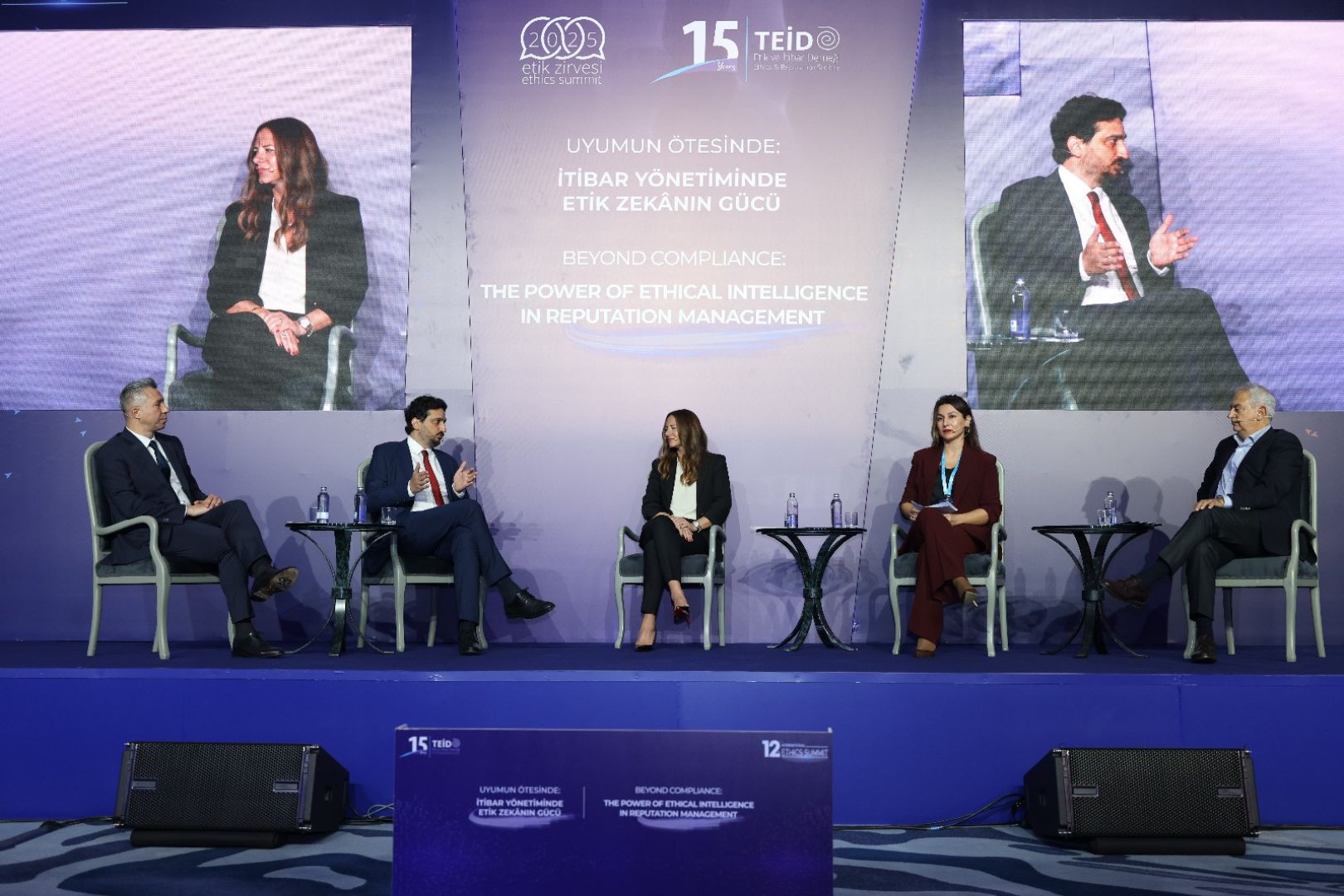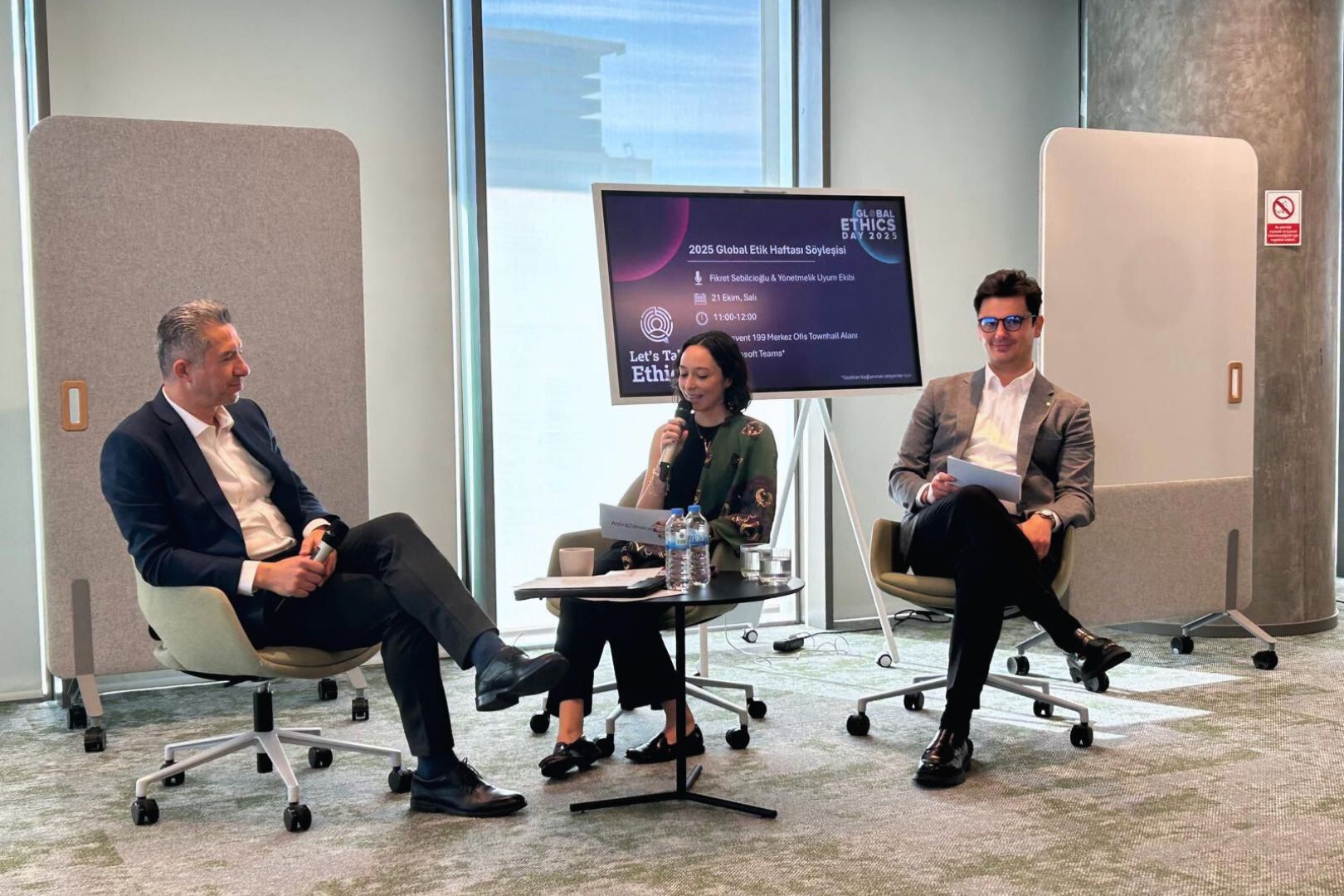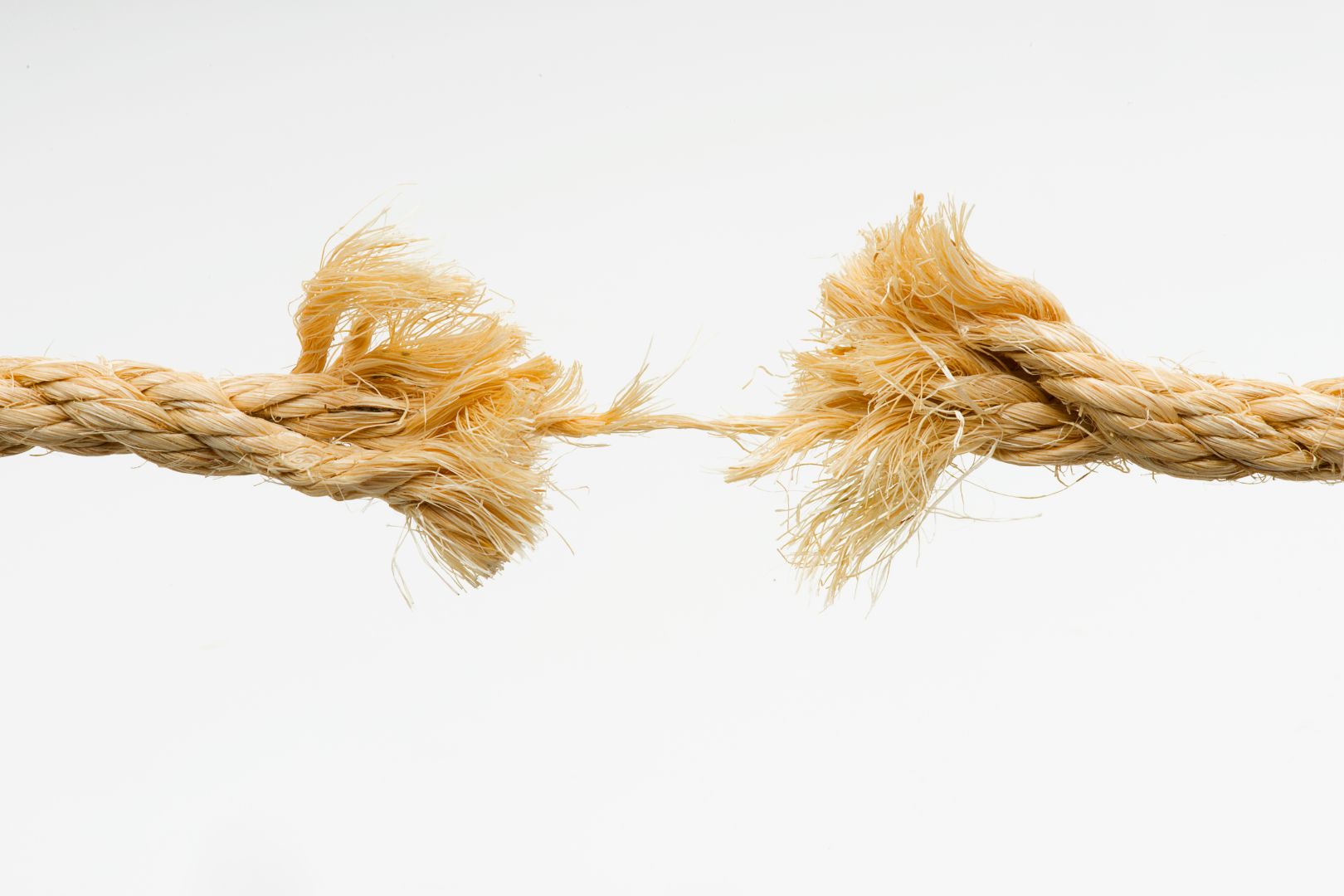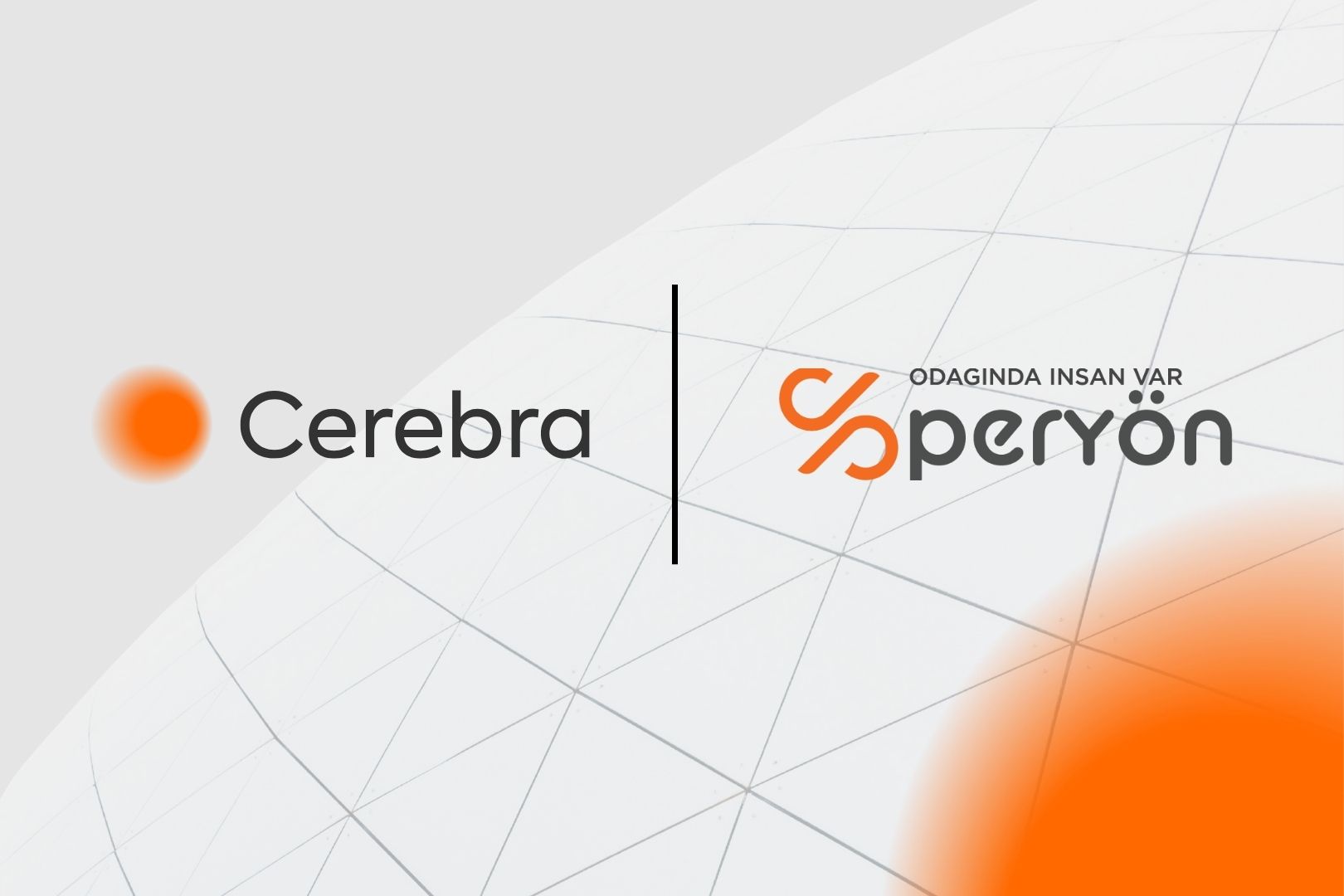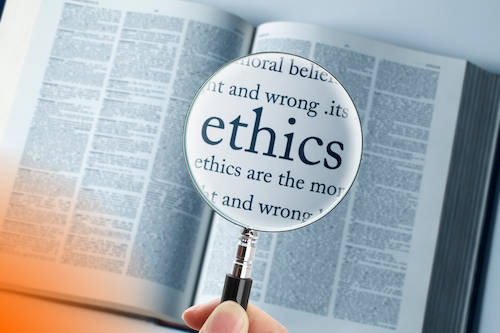
Thoughts on Coronavirus and Business Ethics
Fikret SebilcioğluThe coronavirus (COVID-19), which continues to spread rapidly in the world, deeply affects our business and social life and seems to affect them for a longer time.
We experience big shocks in supply, demand, and financial markets at the same time, which is uncommon. As Mr. Salim Kadıbeşegil said, it may be more appropriate to call it chaos instead of a crisis, because “crisis is something manageable, chaos cannot be managed” according to him. While companies are struggling with these shocks that they have not experienced before which emerge through different aspects, I am sure they are also contemplating how the new business world will take shape after this nightmare ends.
In these days, when we feel that the business world will be shaken from the foundations in the post-coronavirus period, I think that in the future, business ethics will be an even more essential precondition in the business world. I would like to share my views on the agenda from the perspective of business ethics and compliance:
Increase in Fraud Risks and Possible Difficulties in Fighting Against Fraud
Chaos cause confusion and panic. At these moments, the companies may neglect the controls for many reasons. Particularly, the risk appetite of the managers may change due to concerns of not making a profit, or the controls may be loosened or not implemented intentionally. Fraudsters find more opportunities, and rationalization becomes easier in these times of confusion. At the same time, fraudsters may want to facilitate their business by resorting to improper means (such as bribery and secret deals) with the concern of maintaining the company’s profitability. Briefly, the environment we are in will be a period when the risks of ethics, compliance and fraud increase.
I want to view the issue from the perspective of fighting against fraud. World Health Organization’s announcement of the COVID-19 outbreak as a pandemic will make it very difficult for companies to fight against fraud. During the epidemic, and during the post-epidemic period in which the trauma will still exist, issues such as travel restrictions and social distance will make life difficult for professionals fighting against fraud and delay the investigation and risk assessment activities. Since site visits and face-to-face interviews cannot be held for a while, this may naturally cause that the cases of misconduct not to be detected and existing fraud to continue and deepen for a while. Although the professionals try to solve the problems to some extent through video conferencing systems or document sharing platforms, these methods may not be the most ideal way to solve sensitive issues, or they may not be sufficient.
Supply Processes and Third Parties
Supply chains seem to take the biggest blow during this chaos. It will be clearer after the waters are withdrawn that how much the risks (such as reputation, financial, operational) in the ecosystem of suppliers and their subcontractors are known and managed. Companies generally do not know who shareholders of their business partners are, how their ethical and compliance culture is, how they do business, and who their subcontractors are. How many companies are monitoring the actions taken by their suppliers and their subcontractors and taking precautions in this chaotic environment that we are in? Can their actions create a reputational, financial or operational risk for you in the future?
I think that the companies will restructure their supply chains operationally after leaving this chaotic environment and they will select their business partners more carefully in this process, they will perform sufficient due diligence during the selection and after the onboarding they will carry out their monitoring activities more intensely and carefully.
Relations with Stakeholders
I think companies will have to review their relations with all stakeholders (employees, suppliers, customers, society) in terms of business ethics and corporate social responsibility as well as operational processes. Because, it is clear that the expectations of the stakeholders from the companies will be different from the past, after this chaos.
Companies undergo a critical “trust” test of stakeholders in terms of their attitude. A few questions that come to mind: What decisions are companies making regarding the rights of their employees? How do they continue to create value for their customers? How do they conduct their relations with their suppliers within the framework of business ethics and integrity? How do they support the society in which they live and earn money? I think the answers to these questions are very critical for companies and their managers who have been undergoing the “trust” test. The answers can be quite interesting if you ask all of these questions with the “future tense”.
What is the Purpose of the Companies?
I think that the stances of the companies in this chaos will determine their values in the eyes of the public in the coming period while the evaluations and the choices of the stakeholders will shape their future.
Business Roundtable made a statement on August 19, 2019, which will deeply affect corporate governance principles and determine the purpose of the institutions. Here, it was stated that the purpose of an institution is not only to provide a return of profit for its shareholders but also to care about the needs and welfare of employees, customers, suppliers, and society. In this new era that we entered with the coronavirus reality, this explanation seems to be much more meaningful and, that will find a response in the business world.
At this crossroad, companies should ask themselves the question: Which path should they follow; the path of a higher return to shareholders in the short term, or the path of more investment in stakeholders in the medium and long term, focusing on the employees?
That is the question!
